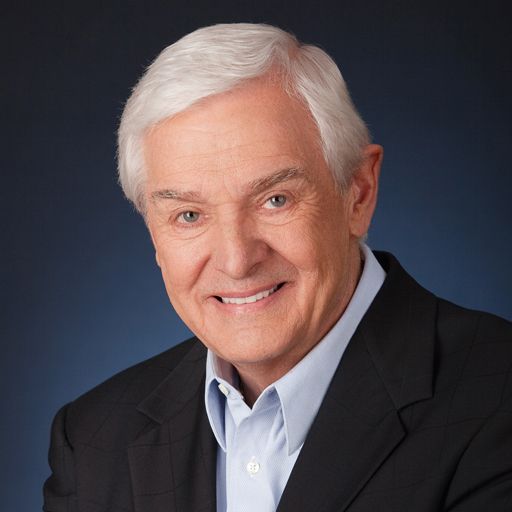Though I live in Southern California where seasonal change is minimized, when I travel, I love seeing the palette of colors the Master Painter brushes across the autumn landscape. There’s something comforting and cozy about falling temperatures and falling leaves, flocks of birds winging southward, crops being harvested, and forest animals contemplating hibernation. One word sums it up: simplicity. September represents a season when life slows for a while, allowing us to refocus on the blessed basics. Here are three strategies to help you create a Simple Life Plan.
Tackle One Messy Space at a Time
First, tackle one messy space at a time. The television show Hoarders on the A&E channel spotlights people whose homes become unlivable from overaccumulation and disorganization. Its popularity shows we’re not far from disorganization ourselves. We become too busy for daily maintenance. Dishes and papers pile up; laundry heaps up; and we feel we’re caught in a reality television show with no ending credits. That isn’t how God wants us to live. The Bible says, “God is not the author of confusion but of peace…. Let all things be done decently and in order” (1 Corinthians 14:33, 40). If your workspace conveys disorder, tackle one place at a time. Perhaps choose one for today: balancing your checkbook, emptying your inbox, straightening your closet, or reorganizing your toolbox. If not today, maybe a few hours this weekend. Ask yourself: What area of my life needs reorganization?
Tackle One Messy List at a Time
To-do lists have been around since the Ten Commandments. In Paul’s letters, he creates bullet points of behavior, like 1 Thessalonians 5:16-18: “Rejoice always, pray without ceasing, in everything give thanks.” Similarly, we bring order to tasks when we jot them down, whether handwritten or electronically. Douglas C. Merrill, an organizational guru, suggests in his book that our short-term memory only holds five to nine things at once. Trying to remember everything puts us under stress—our brains can’t track too many projects at once. His suggestion: “Get stuff out of your head as quickly as possible.”[1] Do that by writing it down. If you start every morning with a daily agenda, you’ll see your accomplishments by day’s end. Try it—see if it doesn’t bring simplicity and order to your life.
As a variation, compile another list headed: “I Wish I Had Time To.” The Anglican Book of Common Prayer says: “We have left undone those things which we ought to have done; and we have done those things which we ought not to have done; and there is no health in us.”[2] How easily urgent daily demands push out more important things! Jot down your most important tasks—what you wish you could do if you had time. Weigh each item’s importance and re-prioritize. As kids go back to school, we get a new start by tackling one messy list at a time—bringing sanity back to our routines.
Tackle One Messy Day at a Time
That leads to tackling one messy day at a time. Jesus said not to worry about tomorrow. But we can put thought into today’s agenda, asking God to assign our tasks in one-day increments. As a traveler saves time by consulting his map, try starting your day with an open Bible, open calendar, and open to-do list. Ask God for His agenda for you. Study your appointments, obligations, tasks, and schedule; then plan out your day. If you learn to do this each morning, life becomes simpler—more productive. You take care of the minutes and hours. The Lord will take care of the times and seasons.
When you tackle one messy spot at a time, one messy list at a time, and take one day at a time, you’ll create a Simple Life Plan, reducing stress, mess, and frustration. There’s more time to rest and do the important things. Share your plan with family or friends. You need their cooperation, understanding, and accountability. Your growing sense of stability will strengthen and benefit them.
Fall is a great time to declutter a busy life. Life has a way of falling into line when we learn the art of sanctified simplicity, and today’s the day to begin.
David Jeremiah is the senior pastor of Shadow Mountain Community Church and the founder and host of Turning Point for God. For more information about Dr. Jeremiah or Turning Point, visit www.DavidJeremiah.org.
[1] Douglas C. Merrill, Getting Organized in the Google Era (New York: Broadway Books, 2010), 8.
[2] The Annotated Book of Common Prayer, edited by John Henry Blunt (New York: Longmans, Green, and Co., 1907), 183.






